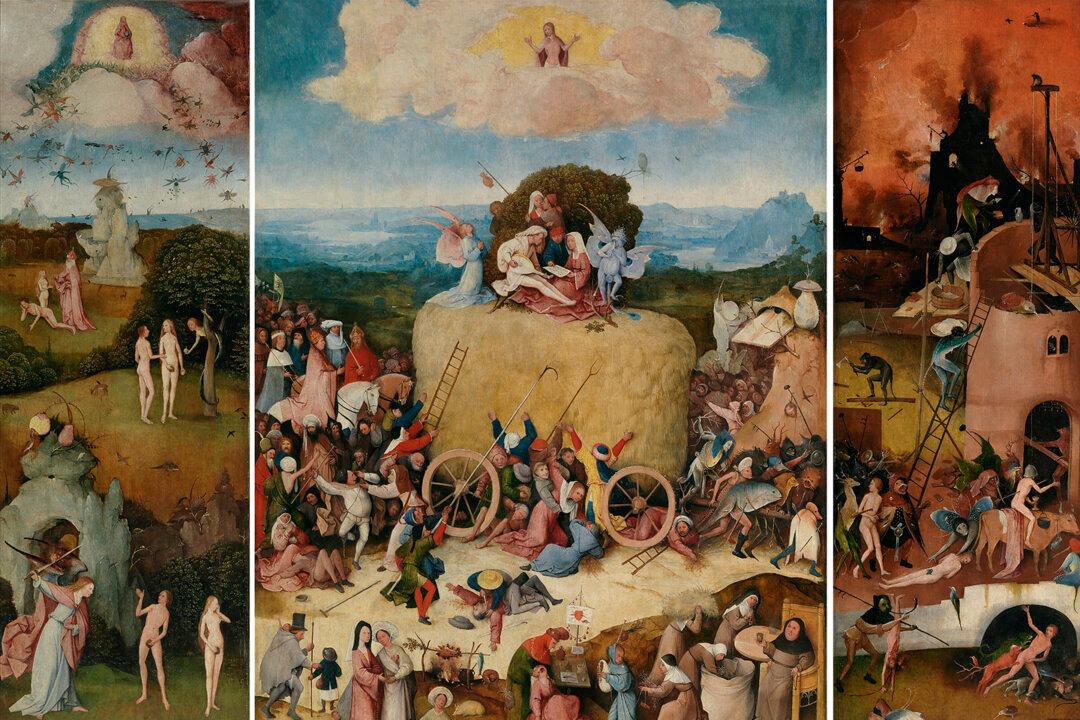What is the last question that every thinking person needs to address if they are to live a full and fulfilling life?
So far, we first considered where our culture stands today on spiritual matters. Then, we considered some questions: In the second article, we looked at why existence exists; then in the third article, we discussed a more personal question—What is the purpose of my life?






